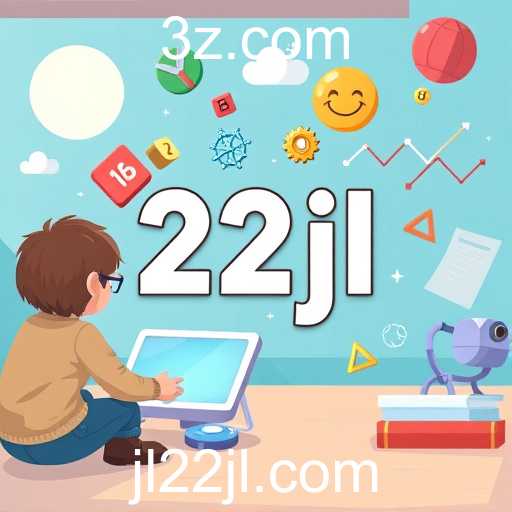An in-depth look at educational games on websites, focusing on the impact and importance of this category, including insights into the keyword '22jl'.
In the digital era, educational games have emerged as a transformative tool in enhancing learning experiences across various age groups. These games belong to the broader category of 'Education' on numerous websites, where they serve not only to entertain but also to educate players in innovative ways. Among the myriad educational resources available online, some platforms utilize specific keywords to optimize and categorize content effectively. One such keyword is '22jl', which marks a distinct segment within educational games, making it easier for users to discover content suited to their learning preferences.
Educational games leverage interactive and engaging methodologies to impart knowledge and skills ranging from math and science to history and language arts. The appeal of these games lies in their ability to make learning a fun and immersive experience, often incorporating elements of storytelling, challenges, and rewards that motivate users to progress and achieve educational outcomes.
The keyword '22jl' potentially serves as an identifier within this digital landscape, guiding educators, parents, and students to niche educational products that align with specific learning goals or curricula. As a distinguished label, '22jl' may represent a series of games, activities, or articles that focus on particular subjects or educational levels, thereby streamlining the search process for users interested in targeted learning tools.
Furthermore, educational games categorized under 'Education' with keywords like '22jl' are increasingly incorporating advanced technologies such as artificial intelligence and adaptive learning. These innovations personalize the educational journey, adapting to the user's pace and style of learning, and providing real-time feedback.
Moreover, these games offer a safe and accessible environment for learners to explore diverse topics, experiment with new ideas, and develop critical cognitive skills such as problem-solving, strategic thinking, and decision-making. With the rise of remote learning and digital classrooms, educational games continue to play a vital role in complementing traditional educational methods.
In conclusion, educational games marked by keywords such as '22jl' represent a significant and growing segment in the online education ecosystem. They hold tremendous potential for reshaping how education is delivered and consumed, offering both educators and learners new ways to engage with educational content. As technology continues to evolve, the scope and impact of these games are set to expand, paving the way for a more interactive, inclusive, and effective education experience.




